As Lebanon will move to fill the presidential vacancy left unoccupied since 2022 on Thursday, the Hezbollah-endorsed candidate has dropped out with the odds favoring Joseph Aoun, leader of the Lebanese Army.
Newsweek has reached out to the Lebanese Parliament and several subject matter experts for comment via email on Wednesday.
Why It Matters
Before the late-November ceasefire between Israel and Hezbollah—which has been violated multiple times—Lebanon faced an economic and political crisis, worsened by the conflict.
Lebanon's last president, Michel Aoun, left office two years ago, and the position has remained vacant since. He bears no relation to Joseph Aoun.
On Thursday, the country is set to hold elections to fill the top post, potentially ushering in a new era of leadership.
What To Know
Lebanon's nuanced internal politics are impacted by shifting factions and alliances largely consisting of leaders who participated in the country's devastating 15-year civil war that ended in 1990, making presidential elections difficult.
These complications are compounded by Lebanon's confessional system mandating that the president be Maronite Christian, the prime minister Sunni Muslim and the speaker of parliament Shiite Muslim.
The president of Lebanon is elected in a first round by a two-thirds majority of the parliament or via a second round by a simple majority. Seats in Lebanon's parliament are allocated by religion.
Lebanon's Parliament currently has 128 members, requiring the next president to secure at least 86 votes in the first round. If no candidate achieves this, a simple majority of 65 votes is needed in subsequent rounds. It is not guaranteed a president will be elected, as was the case in June 2023.
Who Is Running for President?
On Wednesday, Lebanese politician Suleiman Frangieh, leader of the Marada Movement, who was backed by Hezbollah withdrew from the race, largely leaning Aoun as the top candidate.
Frangieh is a member of the Lebanese Christian political family who shares close ties with former Syrian President Bashar al-Assad, with Frangieh having openly backed him in 2011. Frangieh is a former minister of interior and public health.
In 2023, Hezbollah leader Hassan Nasrallah endorsed Frangieh's candidacy, saying, "The natural candidate we support in the presidential elections is (former) minister Suleiman Frangieh." Nasrallah was killed by an Israeli airstrike on Beirut in late September.
Aoun, 60, is the current leader of the Lebanese Armed Forces, who are influential in ensuring the Israel-Hezbollah ceasefire is intact, serving as patrol buffers in the south of the country.
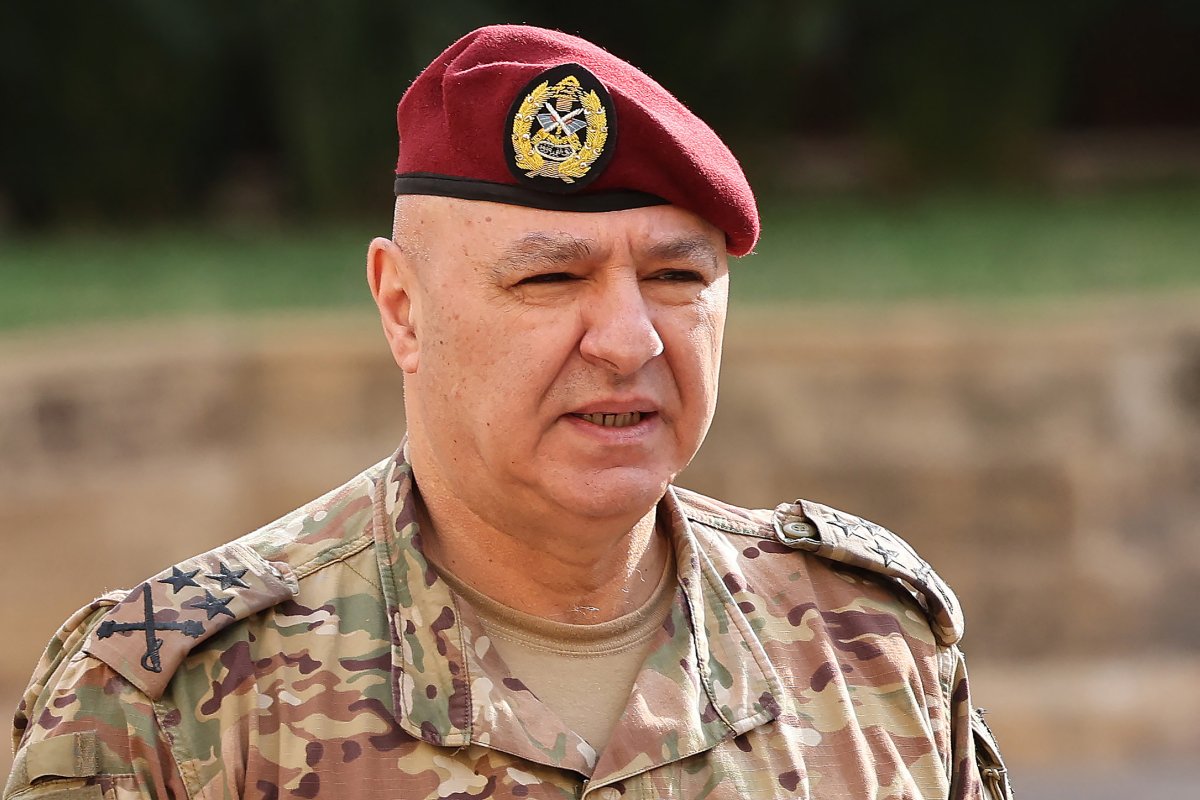
Nearly a year after Hamas' October 7, 2023, attacks on Israel, Israel invaded southern Lebanon to dismantle Hezbollah's military capabilities, significantly escalating the Middle East war. In late November, a ceasefire was agreed upon, though it has been violated several times.
Aoun has served in the post since 2017, having first joined the Lebanese army in 1983. He was set to retire in January, however, the ongoing conflict has extended his term. The U.S. provides financial support to the Lebanese army.
Lebanese Broadcasting Corporation International reported that Aoun has the support of 74 parliamentary members, giving him a clear edge in the race.
Newsweek reached out to Dr. Massoud Boulos, who is serving as President-elect Donald Trump's Middle East adviser, via email on Wednesday.
What People Are Saying
Firas Maksad, a senior fellow at the Middle East Institute, wrote in a series of X, formerly Twitter, posts on Wednesday: "[Aoun] is the preferred US candidate & late breaking info has it that he will get added support from a weakened Hezbollah & House Speaker Berri...visits by US, Saudi, French & Qatari envoys pushed fence sitters to Aoun, getting him to 74. Hezbollah probably understood the message, preferring to bank credit with Aoun rather than oppose the inevitable." In a third post, he wrote: "The coordinated message delivered to Beirut by foreign envoys was clear, 'we see Aoun as having the characteristics needed for the coming period.' This was understood to mean crucial reconstruction & humanitarian aid is unlikely if Aoun is not president."
Timour Azhari, Reuter's Iraq Bureau Chief, wrote in an X post on Wednesday: "It's looking increasingly likely Lebanon's parliament will elect army commander Joseph Aoun to the presidency tomorrow after a 26-month vacancy. It's another sign of how much Iran's axis has been weakened after Hezbollah's battering by Israel and the fall of Assad."
Michael Young, Senior Editor at the Carnegie Middle East Center in Beirut, wrote in an article on Wednesday: "There is no doubt that the main contender, who is apparently supported by the five-nation group of states that has been meeting over Lebanon for almost two years—the United States, France, Saudi Arabia, Qatar, and Egypt—is the army commander Joseph Aoun."
What Happens Next
Lebanon's parliament will vote on the next president on January 9.

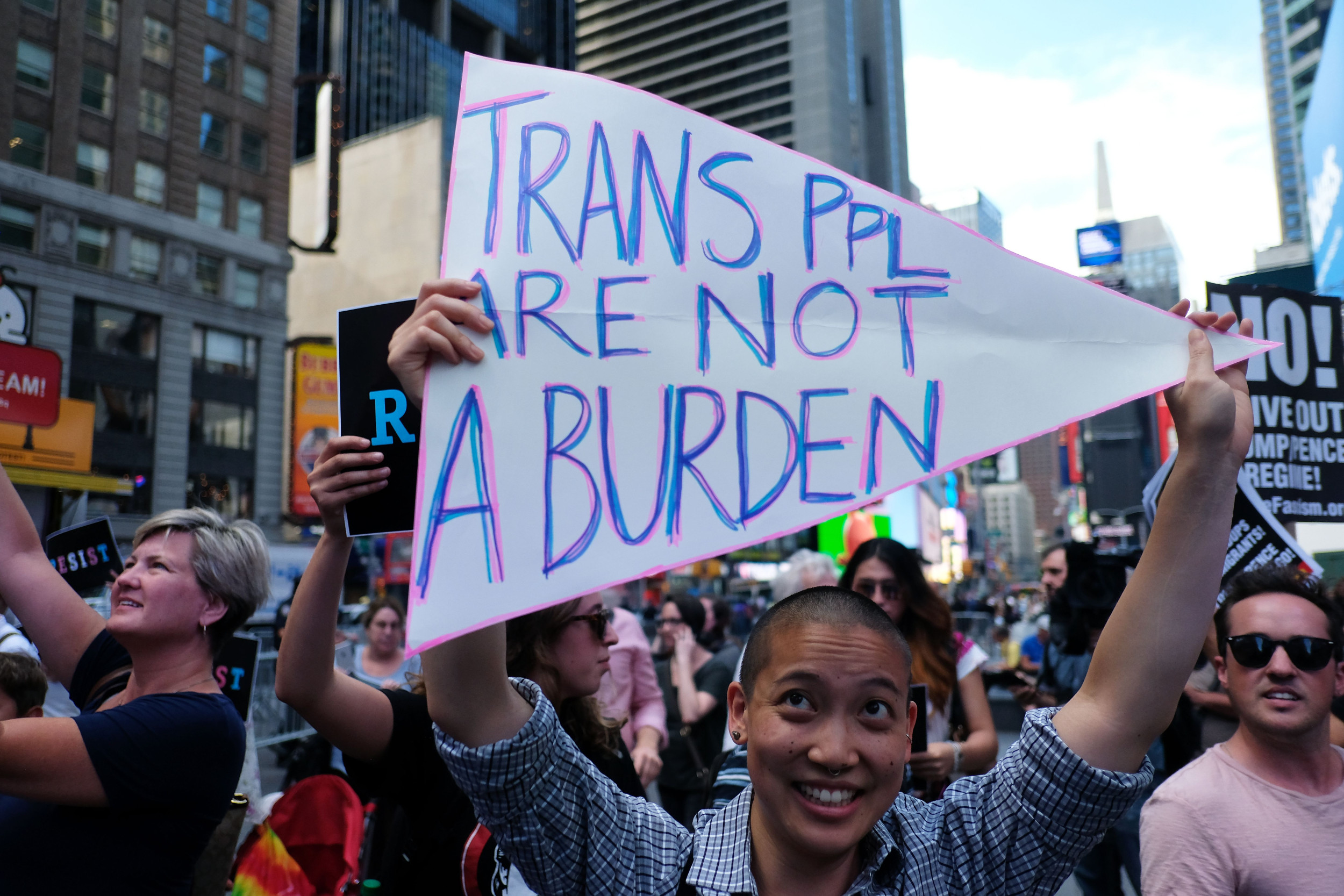
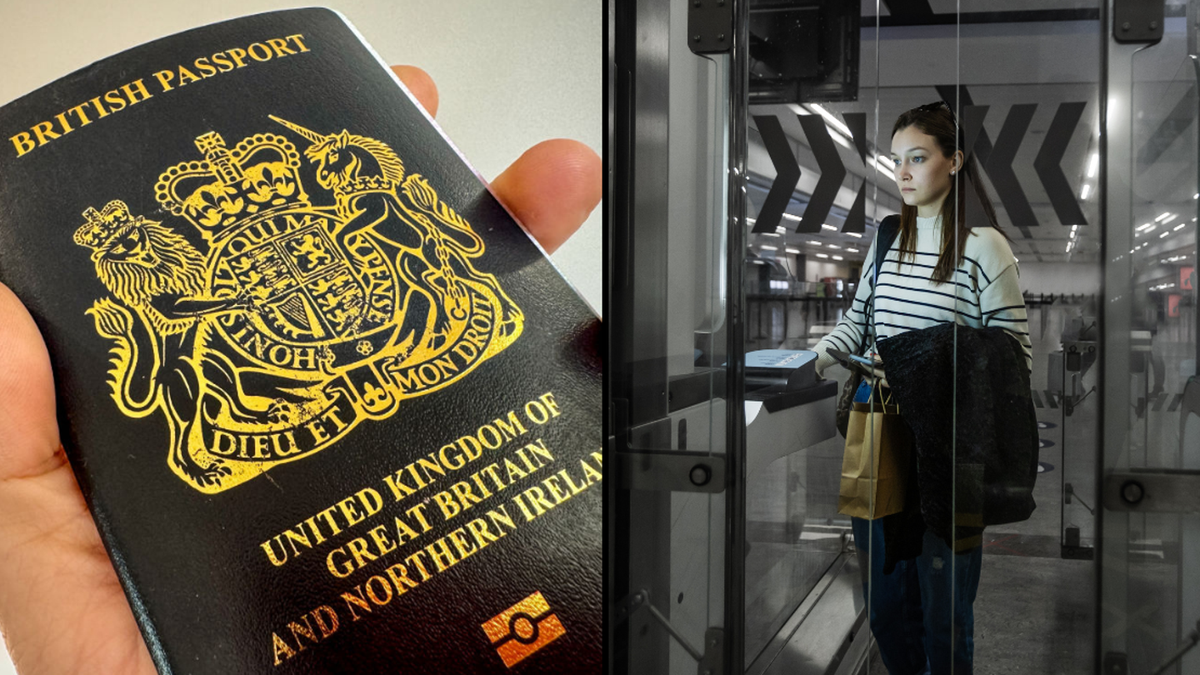


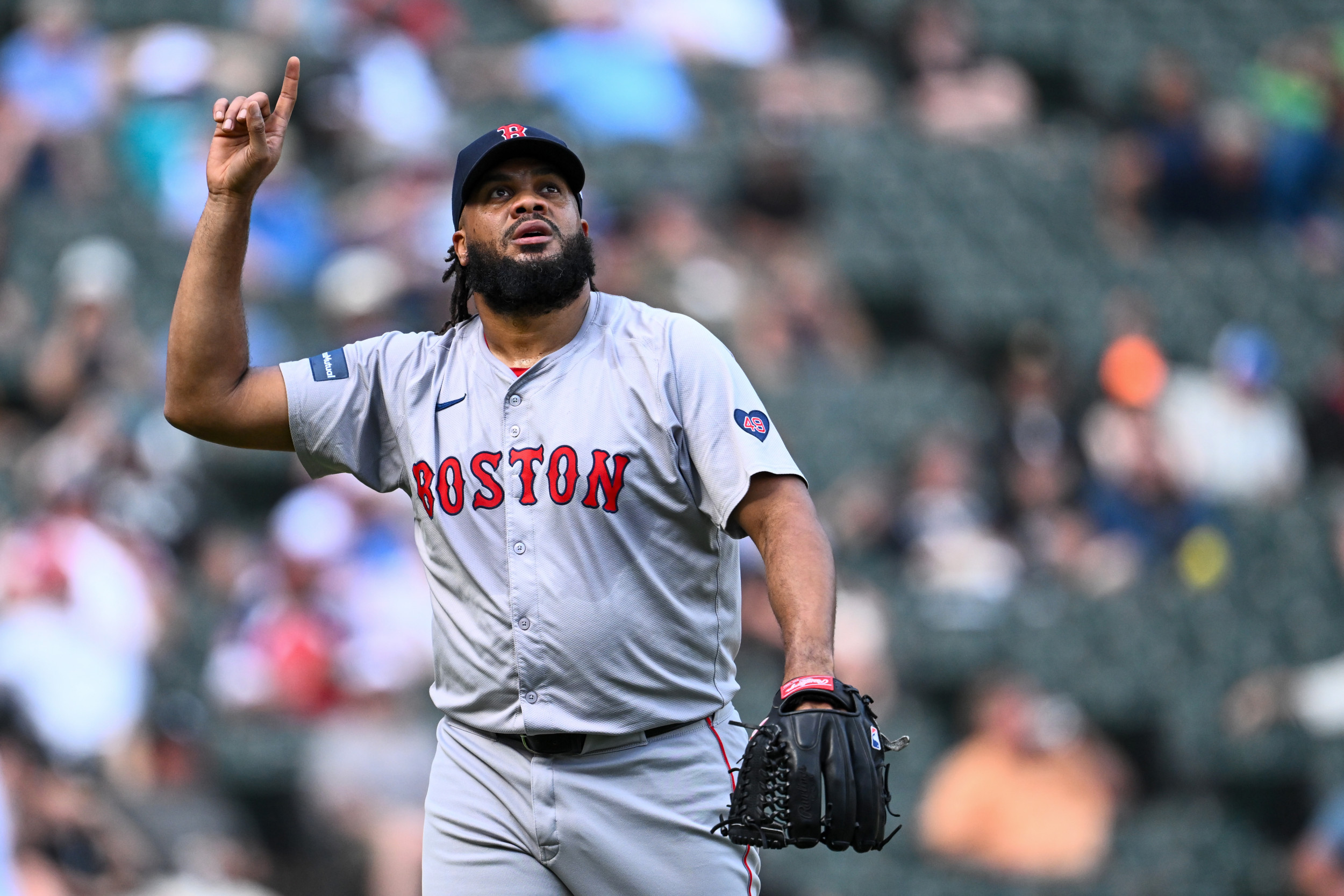





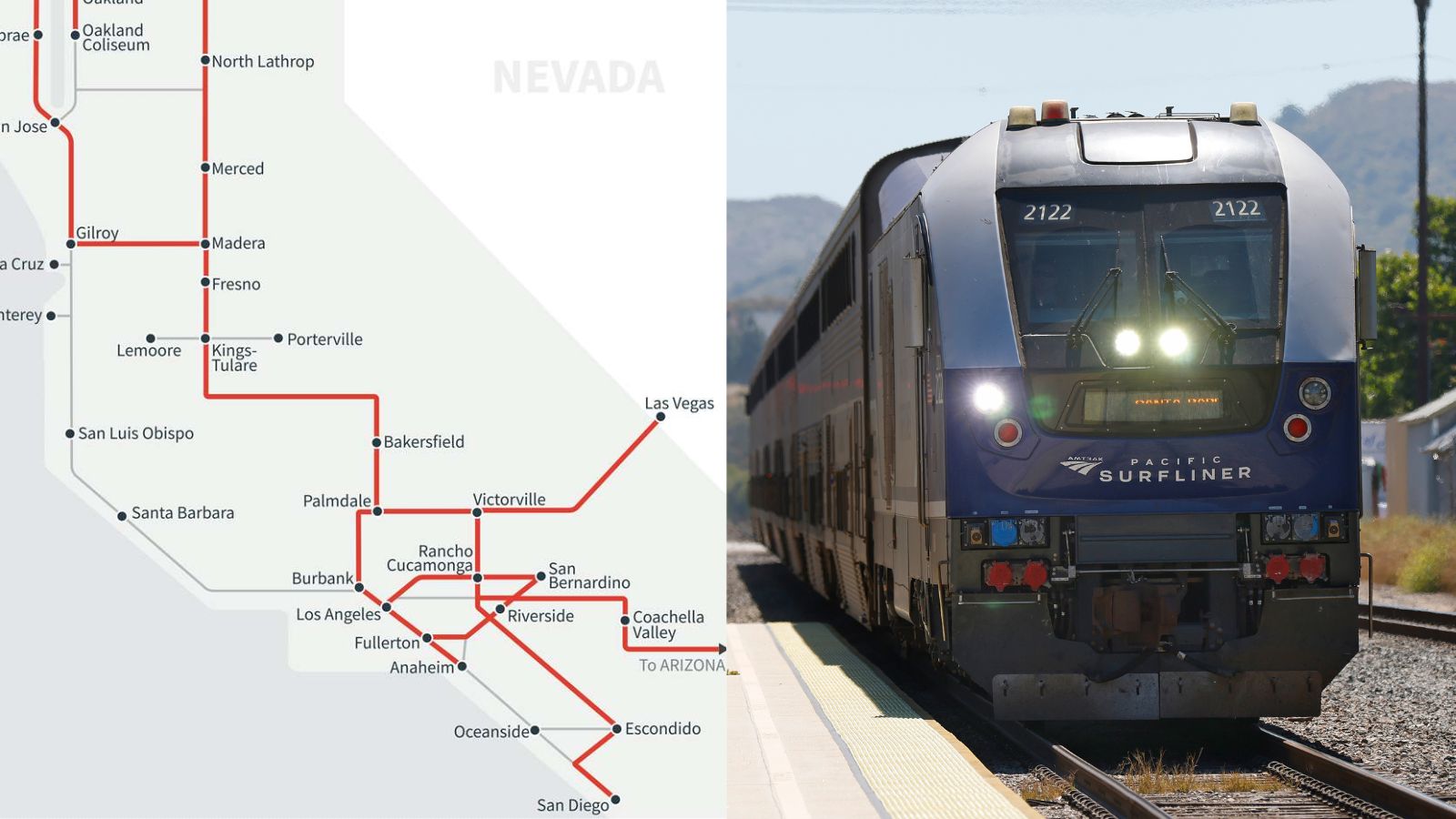








 English (US) ·
English (US) ·